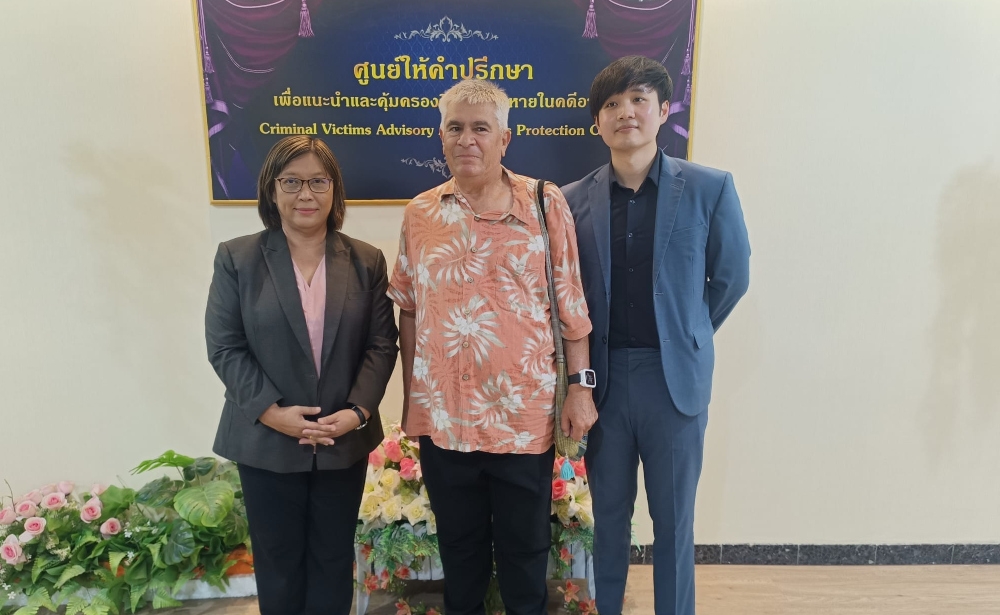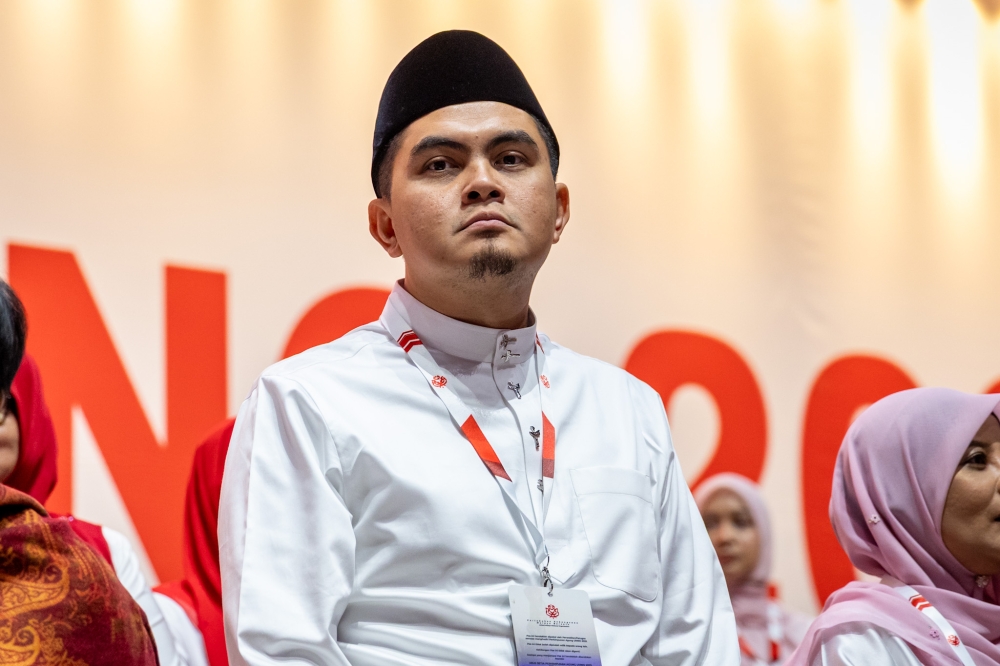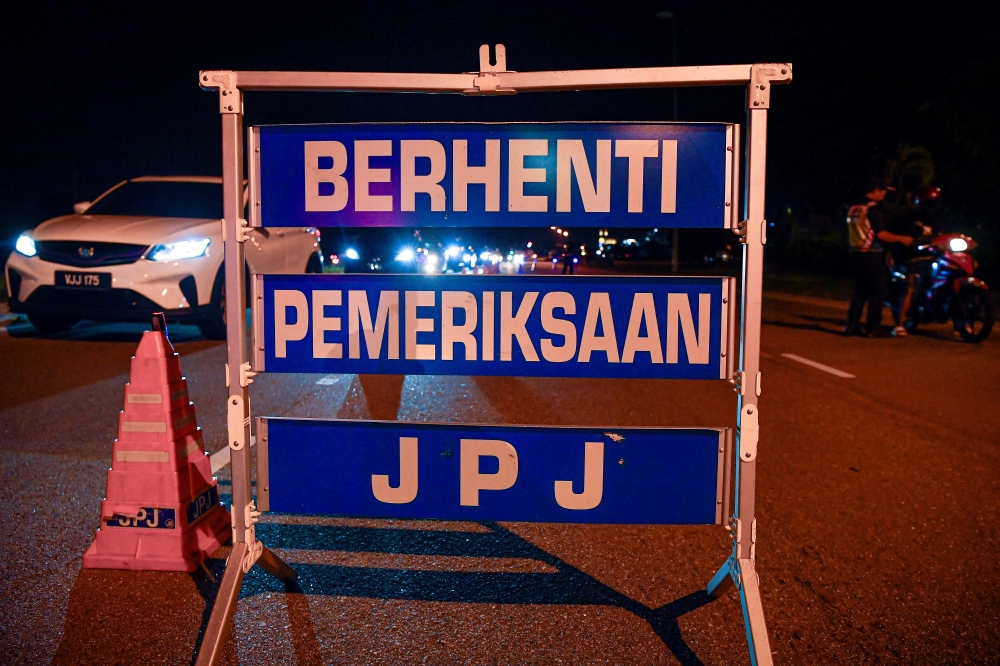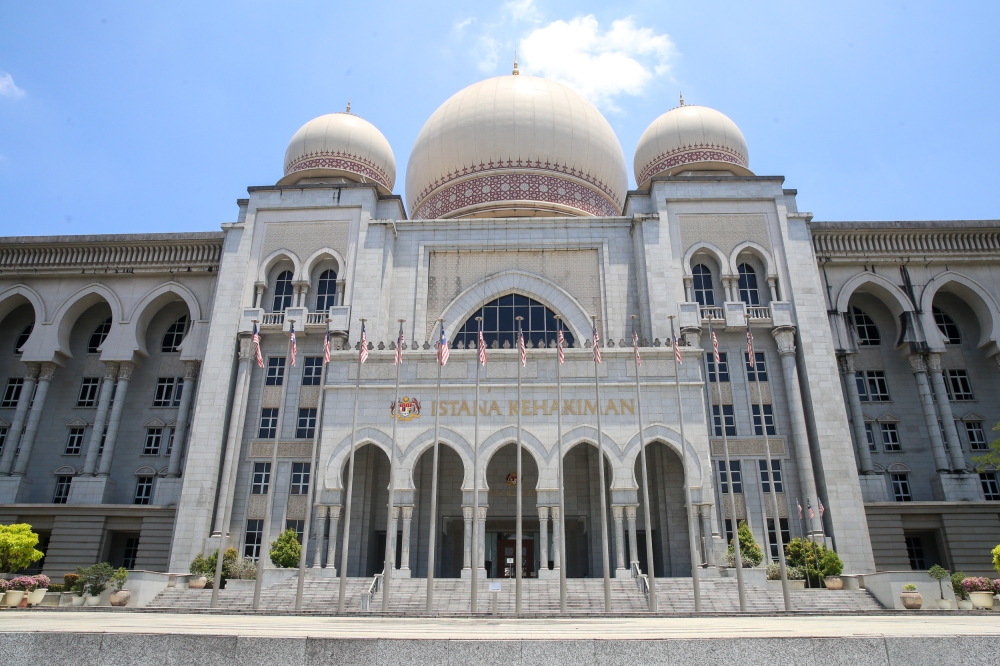KUALA LUMPUR, June 24 — The Federal Court last Thursday in a 3-1 decision ruled that Selangor’s 2014 fatwa could not be used against SIS Forum (Malaysia) as it is a company, which means the fatwa no longer labels it as “sesat” or deviant from Islamic teachings.
Want to know why and how the Federal Court came to this decision? Read on for a quick summary:
But first, how does the Federal Court decision impact SIS?
Selangor’s 2014 fatwa said:
- SIS Forum (Malaysia) and any individual, organisation, institution with “liberalism and religious pluralism” beliefs are “deviant” from Islamic teachings;
- any publication with liberalism and religious pluralism elements should be banned and can be seized;
- the Malaysian Communications and Multimedia Commission (MCMC) should block social sites that go against Islamic teachings and Islamic law;
- any individual who holds on to liberalism and religious pluralism beliefs should repent and return to Islam.
Muslim women’s rights group Sisters in Islam (SIS) operates through the company SIS Forum (Malaysia).
Because of Selangor’s fatwa, SIS was at risk of having its publications seized and its social media accounts blocked.
Now, the Federal Court has decided that the Selangor fatwa does not apply to companies such as SIS Forum, and that the state-issued fatwa also cannot direct federal agencies to block social media accounts.
The Federal Court made this decision through its majority ruling by three judges, while one judge disagreed.
Here’s a simplified summary which highlights some of the main points in the full 40-page majority judgment:
Look, it’s not about religion, but about the Federal Constitution and administrative law
Although the SIS Forum court case involves a fatwa, the Federal Court said it was not making any decisions about Islamic beliefs, Islamic law or the religion.
For example, the Federal Court made no comments on whether the Selangor fatwa was correct according to Islamic law, such as whether or not “liberalism and religious pluralism beliefs are deviant from Islamic teachings”.
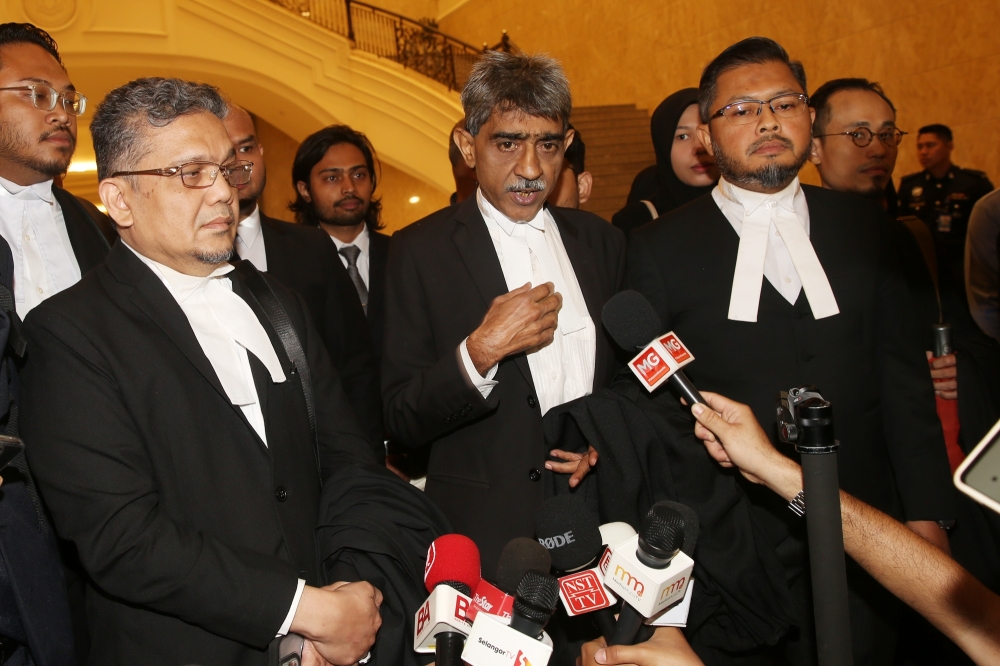
The Federal Court said this was because that phrase is an Islamic law matter, and that it would come under the jurisdiction of the Selangor fatwa committee and the Shariah courts.
Instead, the Federal Court was looking at whether Selangor had acted within its powers under the Federal Constitution when it issued the fatwa.
The three key points from the Federal Court’s majority decision
1. Only the civil courts have powers to decide on Federal Constitution and judicial review
SIS Forum’s constitutional challenge was filed in the civil courts, and both the High Court and Court of Appeal previously said the Shariah courts should decide the case.
After analysing the Federal Constitution’s Article 121 and 121(1A) and based on a long list of past Federal Court decisions, the Federal Court made it clear that:
- only the civil courts can interpret the Federal Constitution’s provisions and all laws (including state laws);
- the civil courts are the one with judicial review powers
So the Federal Court was saying it could decide on this court case.
2. Can a company be treated as a “person professing the religion of Islam”?
The Federal Court said no.
It said only individuals are able to “profess” the religion of Islam, as companies cannot do things such as fasting in the Ramadan month or performing the Muslims’ holy pilgrimage (hajj).
Previously, the Federal Court had in two other cases in 1998 and 2022 also decided that companies cannot or are incapable of professing a religion.
Why is this important?
This is because the Federal Constitution gives states like Selangor the power to make laws on “persons professing the religion of Islam”.
That is why the Federal Court said Selangor’s 2014 fatwa is only valid when it refers to individuals, and another part of the fatwa — which labelled SIS Forum, organisations and institutions as deviant — is invalid.
3. Directing federal bodies to take action goes beyond a state’s powers
Based on Malaysia’s two federal laws (the Printing Presses and Publications Act (PPPA) and the Communications and Multimedia Act (CMA)), it is the federal authorities that have the power to control publications.
The Federal Court said the Selangor fatwa had clearly ordered the seizure of publications and also instructed federal body MCMC to take action on social media platforms.
But Selangor had gone beyond the state’s powers, as it was intruding into federal law and federal powers with such orders in the fatwa.
The Federal Court confirmed Selangor does not have the power to include directives or orders — to the federal government’s agencies — when the state makes fatwas.
The Federal Court declared that these parts of the Selangor fatwa had gone against the two federal laws (PPPA and CMA).
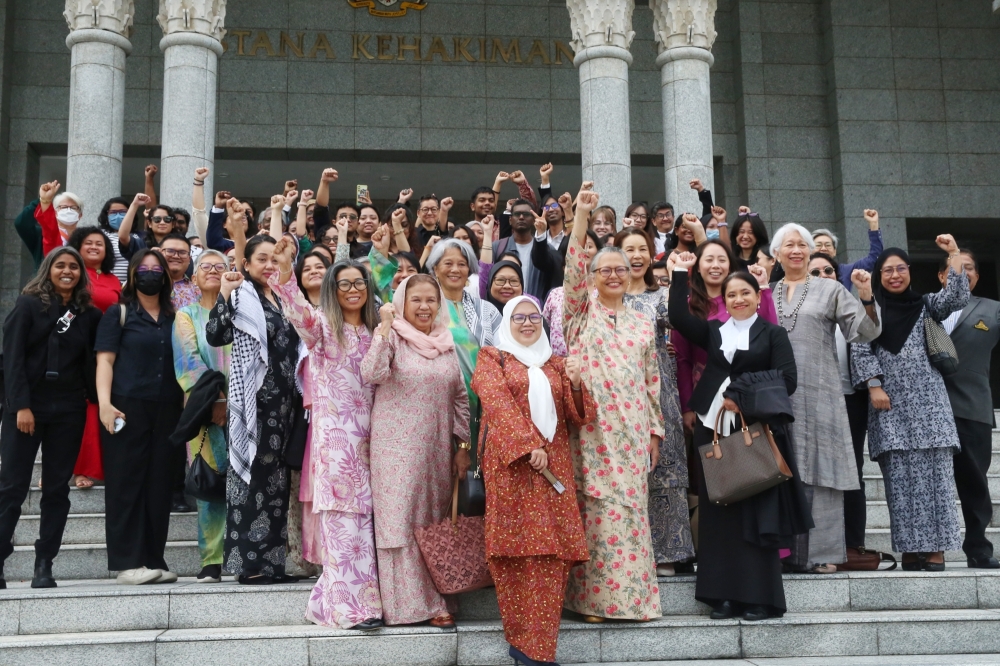
Conclusion
In other words, the Federal Court said only these two parts of the Selangor fatwa are still valid:
- Any individual who holds on to liberalism and religious pluralism beliefs are deviant from Islamic teachings,
- Any individual who holds on to liberalism and religious pluralism beliefs should repent and return to Islam.
Read the full majority judgment here.
What the dissenting Federal Court judge said
The minority judgment’s main point was that the Shariah courts are the ones that have the power to decide on the validity of a fatwa, and not the civil courts.
The dissenting judge also gave his view that a fatwa can still be binding on companies especially in the SIS Forum case, and also said that the Shariah court should decide issues such as whether the Selangor fatwa had breached the two federal laws.
Read the full minority judgment here.
Recommended reading:
•‘Deviant’ or not? Sisters in Islam awaits Federal Court verdict today on Selangor fatwa
• Federal Court declares Selangor fatwa partially invalid, no more ‘sesat’ or deviant label for SIS




